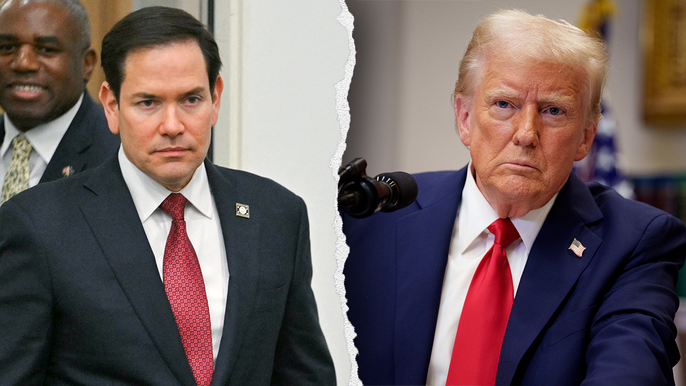President Donald Trump, alongside Secretary of State Marco Rubio, has initiated a significant restructuring of the National Security Council (NSC), marking one of the most substantial shake-ups of his administration’s second term.
The overhaul involves the dismissal of over 100 NSC staffers, including both career officials and political appointees, and a strategic shift of key national security functions to the State Department and the Pentagon.
This move follows the recent departure of National Security Advisor Mike Waltz, who was nominated to serve as the U.S. ambassador to the United Nations after a controversy involving leaked Signal app messages. In the interim, Rubio has assumed the role of acting National Security Advisor while continuing his duties as Secretary of State.
The administration’s plan aims to reduce the NSC staff to approximately 50 members, a significant decrease from the over 300 personnel during the previous administration. This downsizing is intended to streamline the NSC’s operations, focusing it more on implementing the president’s directives rather than serving as a central policymaking body. Critics argue that this reduction may limit the diversity of expert input and hinder effective policy coordination.
As part of the restructuring, Andy Barker, National Security Advisor to Vice President JD Vance, and Robert Gabriel, Assistant to the President for Policy, have been appointed as deputy national security advisors. The administration has not yet announced a permanent replacement for the National Security Advisor position.
This overhaul reflects ongoing efforts to align national security operations with the “America First” agenda, emphasizing loyalty and streamlined decision-making processes. The changes have sparked debate within the national security community regarding the balance between efficient governance and the inclusion of diverse perspectives in policy formulation.





Discussion about this post